'Uncertainty' fuels Danish EU referendum No vote
- Published
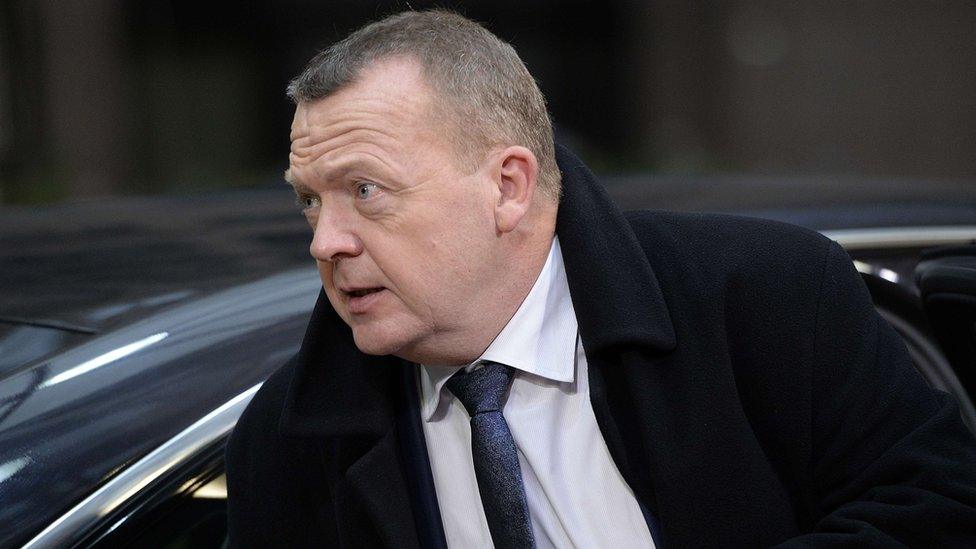
PM Lars Lokke Rasmussen had campaigned for a Yes vote
Prime Minister Lars Lokke Rasmussen gave a downhearted response when I asked him if the No vote in the Danish referendum on opt-outs from the European Union was a blow to Denmark and its relationship with the EU.
"You may say the Danes have refused to take a step forward, and I am sad. Obviously I would have liked to have seen another outcome," he said.
He believed growing euroscepticism was the ultimate factor.
"The reason the Danes didn't back the Yes campaign is this feeling of uncertainty. And the fact that Europe is faced with other major problems that we haven't really solved - the refugee crisis, the terror threat after the Paris attacks too."
Voting Yes would have meant Denmark adopting a similar "opt-in" model used by Britain and Ireland, whereby legislation is accepted or rejected on a case by case basis, not including the key issues of immigration and asylum policy.
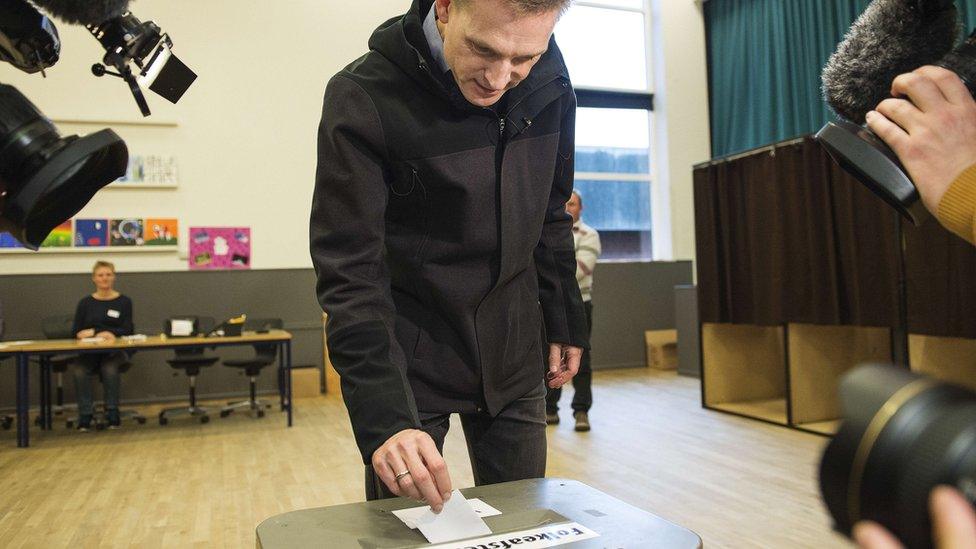
Mr Dahl says the main issue for Danes is sovereignty
Ultimately, voting No means Denmark remains exempt from large parts of the EU's criminal justice and home affairs system, a position it negotiated in 1993. It risks losing access to Europol, Europe's crime and intelligence-sharing agency, a service frequently used by Denmark.
'Like the British'
The confusing wording of the referendum question seems to have been a factor. One voter described it as "the most baffling in the history of the EU", and on the foggy, wet streets of Copenhagen, that sentiment seemed to be shared by voters as they left polling stations, saying the question was too complicated and technical, and that explanations from politicians were not comprehensive.
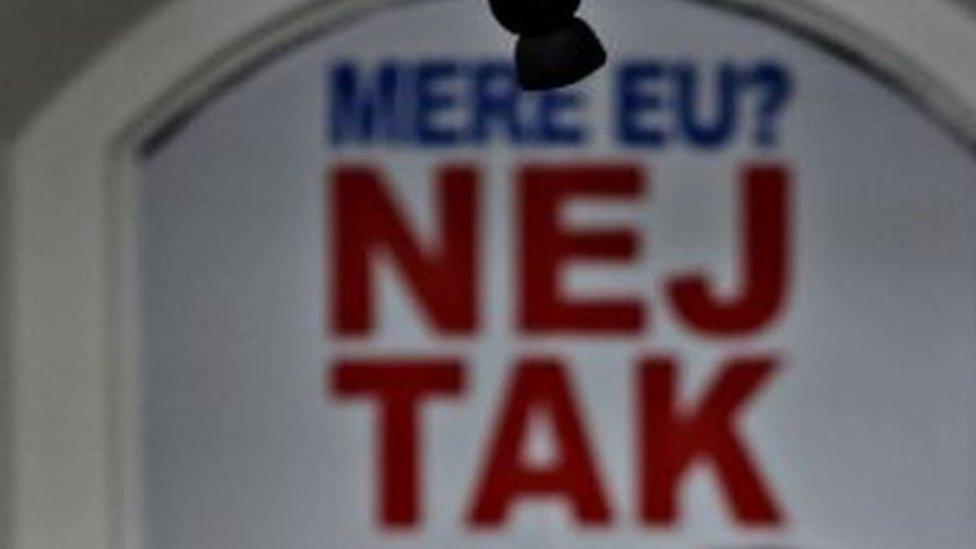
A slogan in Copenhagen that reads: "More EU? No thanks."
Rebecca Adler Nissen, an expert on referendums at the University of Copenhagen, said the complexity of the question meant many voted with their hearts on the issue of Denmark's overall relationship with the EU.
In the end, the No camp won with 53% of the vote. The eurosceptic and anti-immigration Danish People's Party campaigned with the slogan "More EU, no thanks", and its leader Kristian Thulesen Dahl claimed the result came down to Danes understanding that sovereignty was at stake.
"I think many Danes are like the British - we want membership, but based on more sovereignty to member states, not Brussels, and many issues that David Cameron has spoken of are very similar to the debate we have in Denmark," he said.
For Denmark's government, urgent talks will now take place between Copenhagen and Brussels, to work out the ramifications of what the No vote means.
The result is likely to have been monitored by British politicians, interested to see with the upcoming UK referendum battle about to play out, how the gut instinct of the voters can be tied to current European events, and how the particular phrasing of the question can discourage or influence how tied-in to the European project Britons want to be.
- Published4 December 2015
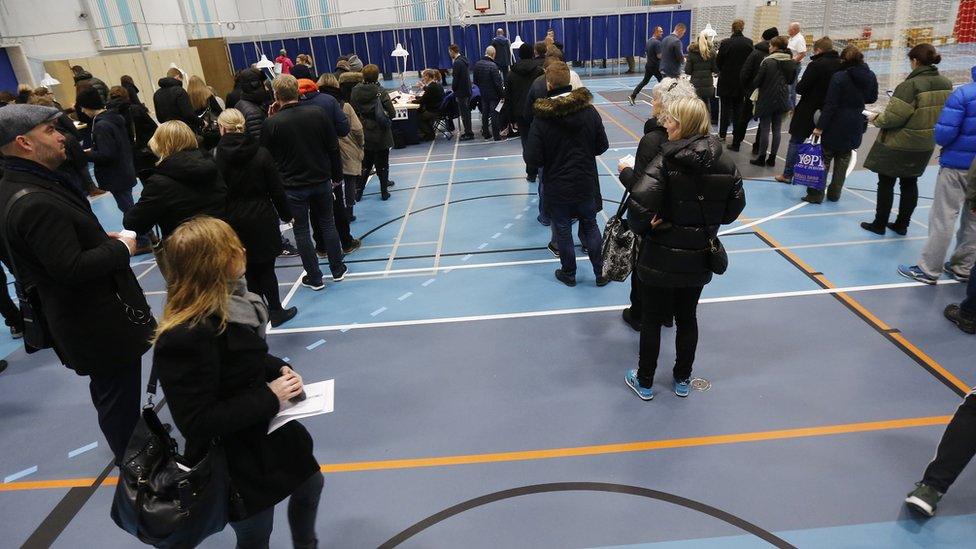
- Published19 June 2015
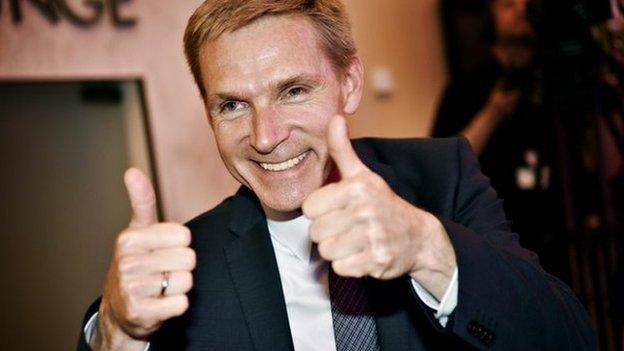
- Published30 December 2020
